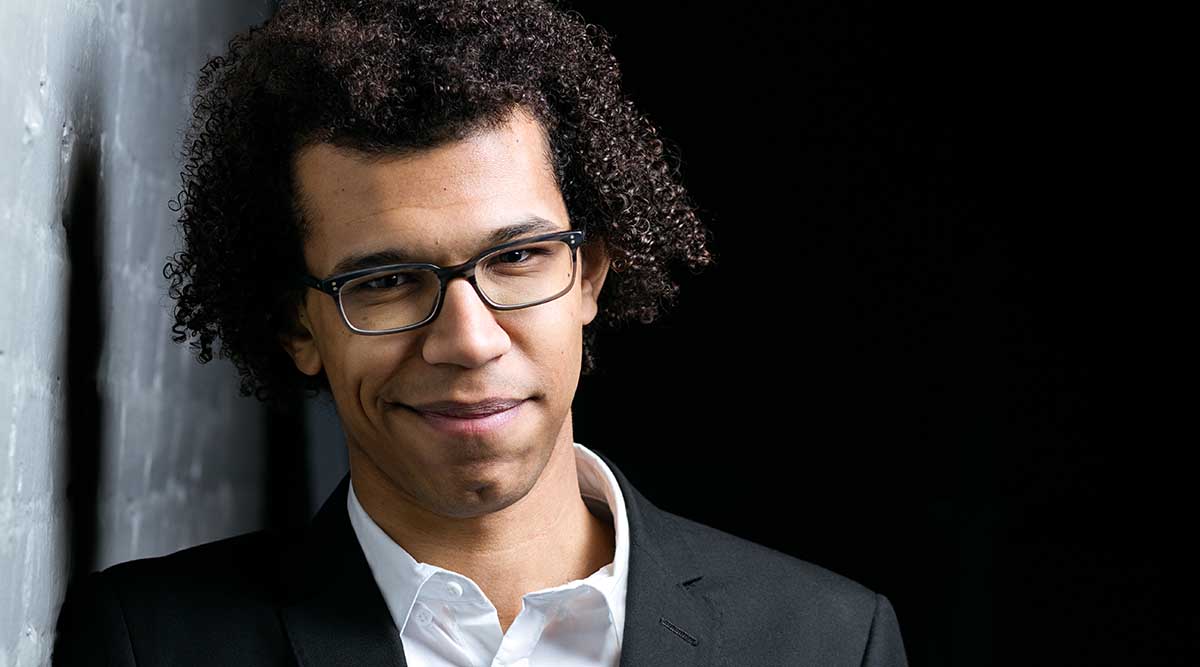“Who is the Hallé in ‘Hallé Orchestra?’” must be a question that’s crossed many people’s minds. The answer, as Mancunians will tell you, is that he was a great German pianist and conductor who fled Paris in the 1848 Revolution, settled in Manchester, and in 1858 founded a symphony orchestra. What they might not tell you is that Charles Hallé was also a composer, the reason being that his music these days is totally forgotten.
On Wednesday afternoon, the Hallé Orchestra concert took one small step towards remedying that omission. In honour of Charles Hallé’s 200th anniversary, which fell yesterday, we heard two of his piano pieces, Souvenir and Scherzo, artfully woven together and orchestrated by German composer Christoph Maria Wagner (no relation), and conducted by the Hallé’s Assistant conductor Jonathon Heyward. They weren’t profound utterances, but they made no claim to be. Souvenir was a gentle mood piece shot through with horns – one felt Mendelssohn’s Midsummer Night’s Dream lurking in the background.
The Scherzo was made of sterner stuff, more Beethoven than Mendelssohn – until a slower contrasting section came along, when suddenly we were back in the German romantic forest. Heyward lavished great care on the pieces; he’d even unearthed a pair of lighter-sounding, 19th-century kettledrums complete with hard sticks. In all the pieces were so perfectly charming and innocent you wondered why they haven’t been popular favourites all along.
Richter’s little pieces weren’t the only pleasures in this matinée concert. It began with a performance of Beethoven’s 3rd Leonora Overture where Heyward negotiated the passage from travail to blazing triumph with great skill. Then the mood of strenuous ethical uplift relaxed into the sunny brilliance of Mozart’s 17th Piano Concerto. The soloist, young Korean pianist Heejae Kim, was delicate and nimble-fingered to a fault, her fingers springing off the keys as if they were red-hot. It was engaging at first, but in the darker moments, such as the minor-mode variation in the Finale a more engaged and expressive touch would have helped.
Finally there came a performance of Sibelius’s Fifth Symphony which Heyward launched with unusual meditative spaciousness. Too spacious, I thought at first – where was the tension? In fact Heyward’s broad tempo was strategic; it was his way of bringing out the sense of a journey gradually finding its way to the light. The dénoument, when it came, was thrilling. This young conductor is clearly one to watch. IH
